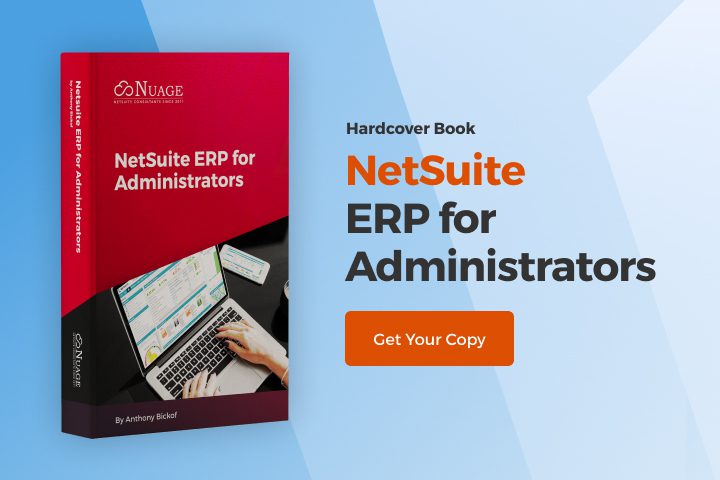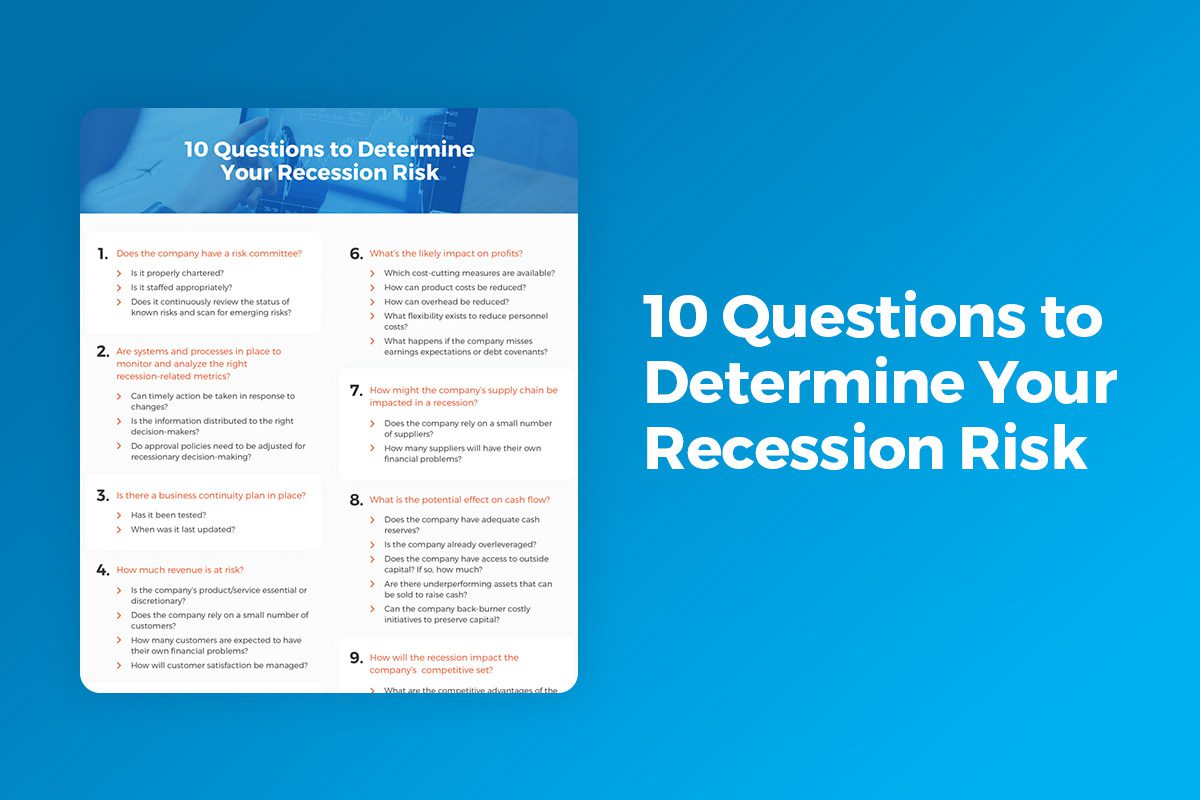7 Reasons Cloud-Based Software Should Be on a CFO’s Radar


If you’re keeping up with industry trends, then you know digital transformation has become a hot topic for business in recent years. In fact, it’s become a top initiative for companies across the globe as they struggle to keep up with the advancements of technology, and by proxy, their customers’ demands. In exploring what digital transformation means for your business, you’re likely to hear about cloud-based software repeatedly. But what’s the big deal? And is cloud-based software really that important for CFOs to consider?
There are many reasons organizations small and large are turning to cloud-based software to implement digital transformation and manage their core business processes. Among those reasons are the flexibility, scalability, and better collaboration opportunities that cloud-based software can provide. But many of these reasons fail to impress the average Chief Financial Officer (CFO). This raises the question, “Can moving financial processes to cloud-based software provide benefits that even a CFO would love?”
In short, the answer is “yes.” In fact, the right cloud software is equipped to handle all sorts of challenges that make CFOs grind their teeth. We’ll share just 7 of the benefits of cloud-based software for CFOs with you here:
The Benefits of Cloud-Based Software for CFOs
Better Financial Visibility
Old, on-premise software typically uses batch processing (either nightly, weekly, or monthly) to pick up transactions, post them to your ledgers, reconcile, and so on. In new cloud-based applications, changes propagate throughout the system as soon as transactions are entered and approved. This sort of real-time updating means better reporting and visibility, which in turn makes spotting problems and making decisions easier.
Better Security
Cloud applications are created by companies whose bread-and-butter is functional, secure software. That means most companies invest heavily in security, from secure data centers to backup procedures bordering on the religious. Your sensitive financial data will actually be more secure with a cloud-based service than on your own in-house servers.
No Costly Upgrades or Infrastructure
Most organizations need to upgrade their applications and infrastructure about every three years to stay current with their vendors’ latest releases. That means extra costs, not only for the software itself but in terms of downtime and training. While IT spends months upgrading your systems, they’re not focusing on key organizational objectives — and neither are you.
Top Reasons Why Companies Migrate from Quickbooks
Less End-User Training
Most cloud-based software is built with best practices in mind regarding user experience. They can run on platforms users are already experienced with (desktop and mobile web browsers) and feature intuitive interfaces and online documentation. The benefit is that your organization can save money that would otherwise be spent on training end-users.
Better Support
When you install traditional on-premise software, the installation becomes unique to your organization: You chose the hardware and the OS to run it on, how to configure the database and servers, and what version to use. These decisions combine to make your installation unique — or at least one of several thousand possibilities. This, in turn, makes it difficult for your vendor to provide support, meaning that your own in-house IT team needs to be larger. With cloud-based applications, everyone works with the same version at the same time. Issues are detected, fixed, and deployed globally. The result is a system that works consistently without you devoting significant working hours to it. Better yet, you’ll still have the ability to customize your system to your specific business needs!
Simpler Integration
Most cloud-based systems have a “common architecture” that makes it easier to share data and achieve integration across applications. For example, cloud-based financial software can be much more easily integrated with order and shopping cart software, warehouse management software, enterprise ERPs, and so on. This cuts down on human error and streamlines processes.
Better Standardization
Chaos is what you get when everything allows for an exception. Having one standard version of a piece of software, with a single central database, helps you keep things standardized and in accord with best practices.
Make the Switch to the Cloud Today
So there you have it, 7 excellent reasons CFOs should consider using cloud-based software to manage their financial processes.
Interested in learning more? You can read about and compare various cloud-based solutions for your business processes through our blog. Also, if you have questions or would like to dive deeper into our products, you can contact the experts at Nuage Consulting Group for a consultation or product tour.
Nuage – Premier NetSuite Solution Provider
Nuage is a NetSuite reseller and NetSuite Solution Partner. From purchasing a NetSuite license, to implementing and customizing the NetSuite platform for you, we can help your company pick and choose which features you need most. Our team is ready, willing, and able to help guide you through the NetSuite purchase and/or implementation process. Please feel free to contact us for more information on how we can help.

